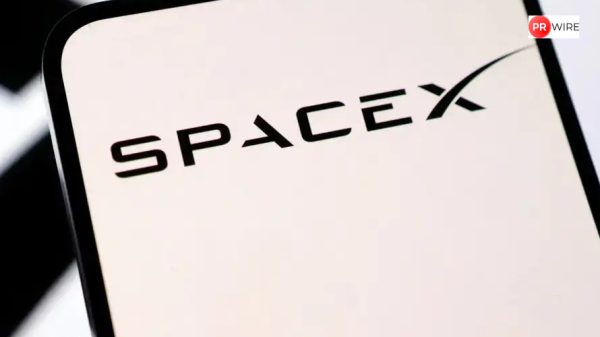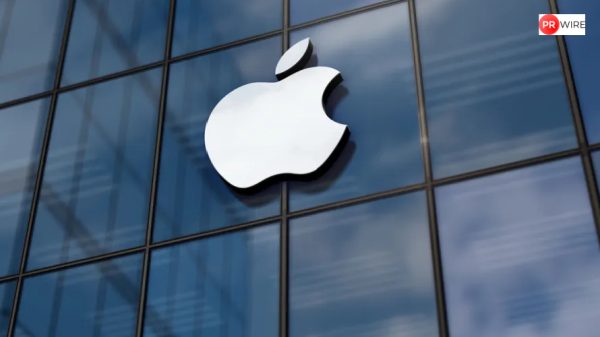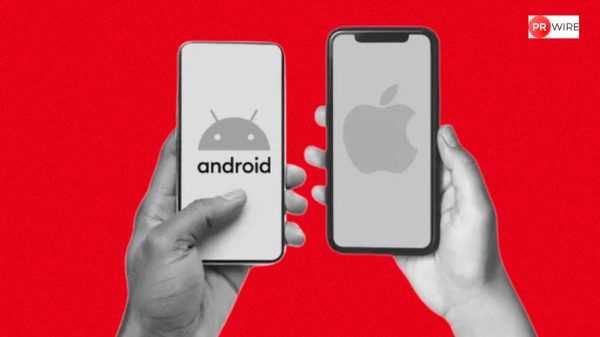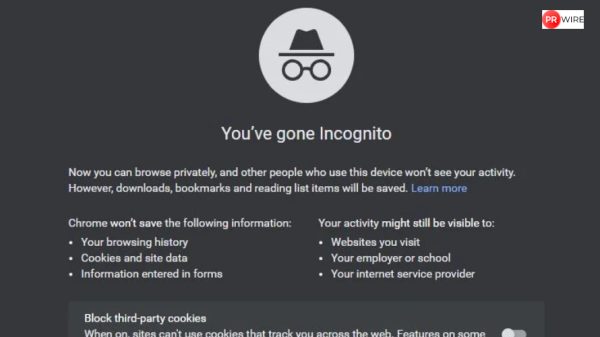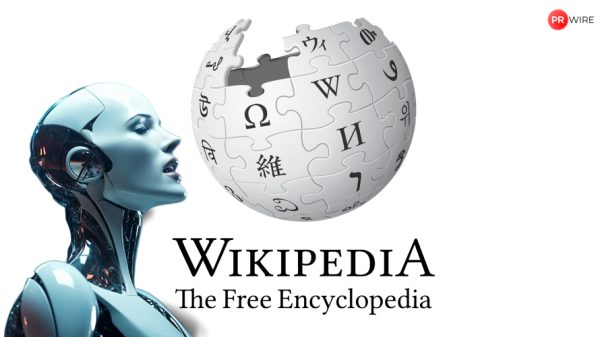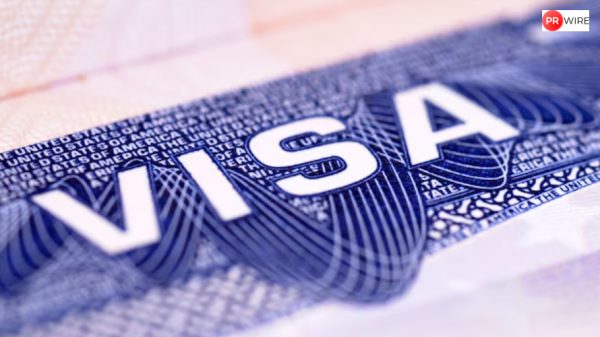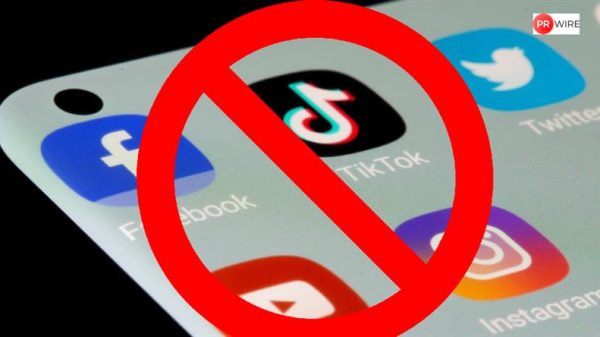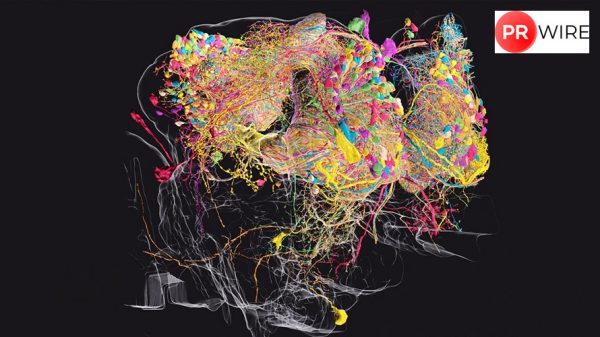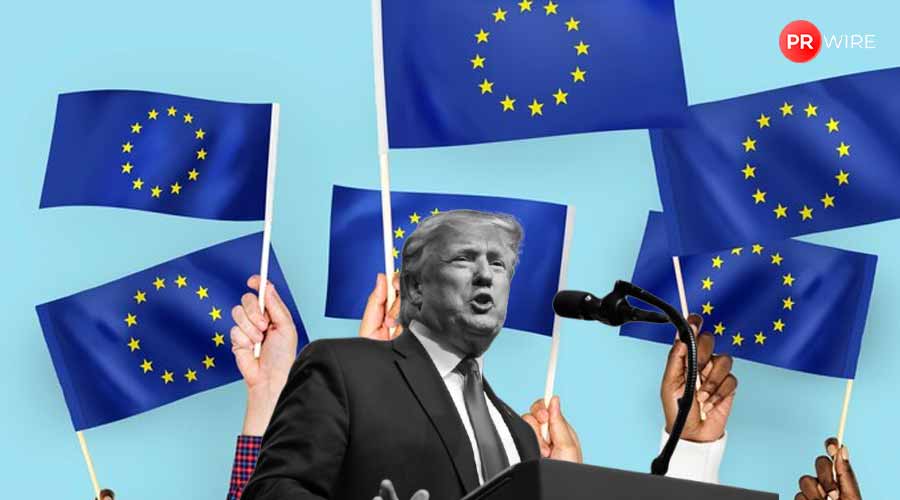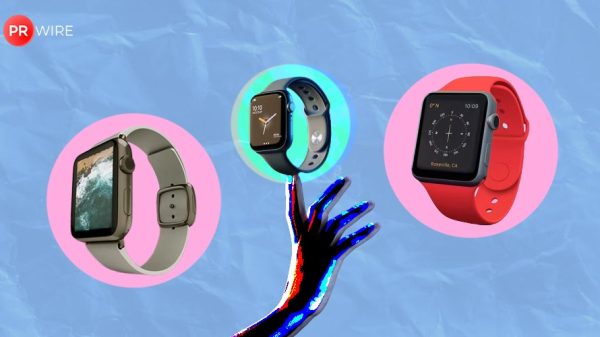By Gian Volpicelli and Samuel Stolton
The European Union’s multiyear clampdown on some of the largest American companies is set to force President-elect Donald Trump to decide which bothers him more: Europe or Big Tech.
In the coming months, Apple Inc., Alphabet Inc.’s Google, Meta Platforms Inc., and the X platform owned by Trump confidant Elon Musk, could face billions in fines or even mandatory divestment orders from dozens of separate ongoing EU investigations.
For Trump, who last week accused the tech sector of “using its market power to crack down on the rights of so many Americans,” that might be welcome. Except he has repeatedly accused Europe of treating the US badly and said he won’t accept that.
His relationships with America’s tech titans are also complex. He has publicly feuded with Meta chief Mark Zuckerberg and Google over the years. But he’s had a closer relationship with Apple CEO Tim Cook, while Musk is now a fixture of his inner circle at Mar-a-Lago.
The European Commission has long insisted that its powerful new laws like the Digital Services Act, which governs social-media content, and the Digital Markets Act, which targets abuses of dominance, aren’t aimed at Silicon Valley.
“This is not something that we do against anyone or against any nationality,” Teresa Ribera, the EU’s new competition chief, told Bloomberg last week in an interview. “I don’t think that when we are paying attention to eventual distortions in competition in this sector, we are thinking in national terms.”
She also noted that some of the cases related to US tech firms began during Trump’s first term, and that regulators on both sides of the Atlantic coordinated some of their actions at the time.
Here are some of the biggest fights that lay ahead:
The Musk Dilemma
The most immediate dilemma for the EU may be how to approach the X platform. Musk was a key backer of Trump’s campaign, dumping more than $274 million into supporting Trump and his allies, while harnessing X to amplify their supporters. Since the election, he has frequently dined with Trump and even sat in on some of his early phone calls with world leaders.
In the EU, X faces fines of up to 6% of the firm’s global revenue under the DSA for failing to tackle illegal content. EU watchdogs are considering whether to calculate the fine based on Musk’s personal wealth, but with Musk’s White House role, the decision risks exposing the bloc to new forms of retaliation.
“It’s unlikely the ongoing investigations into Musk’s X will change as a result of Trump’s election win, and there could soon be an outcome unfavorable to Musk,” said Mark Scott, a senior resident fellow at the Atlantic Council. But, he added, “the political rhetoric around this decision in particular will be high.”
In September, Trump’s running mate JD Vance even suggested that the US could halt NATO funding if the EU goes after X, as he reacted to a warning letter sent to the company by Thierry Breton, who at the time was the bloc’s digital boss.
Apple’s Sway
Apple, which the EU has hit with fines, tax decisions and costly orders, faces another potentially significant fine in a case targeting its hugely profitable App Store under the DMA. Watchdogs are readying a fresh penalty as they near a March deadline for a decision.
It’s facing extra scrutiny under the DMA into its iOS operating system, iPadOS, and Safari, as well as how it allows makers of rival hardware such as smart watches and headphones access to its iPhone system.
In the US, the company is facing an antitrust suit alleging it’s illegally blocking rivals from accessing hardware and software on its iPhones.
Trump has spoken openly about his chats with Apple boss Cook, who was a frequent visitor to the White House during the first term. Cook was able to persuade Trump to grant Apple relief from some of his tax and tariff plans.
“I found him to be a very good businessman,” Trump told Bloomberg in July.
In October, Trump said Cook called him to complain about the EU’s efforts to claw back allegedly unpaid tax from the company – €13 billion ($13.6 billion) – as well its decision to fine the firm €1.8 billion for suffocating competition on its App Store. He also revealed in a podcast that he told Cook he wouldn’t let the EU “take advantage of our companies.”
Constraining Google
When Ribera took office last Monday, she inherited a sweeping antitrust investigation into Google’s advertising technology empire that could end with a formal breakup order. “It’s something that is of course on the table,” she told Bloomberg TV last week.
The EU’s probe runs in parallel with a US case where the Justice Department under President Joe Biden proposed a partial breakup of Google, including a forced sale of its Chrome browser. The case was originally launched under Trump’s first stint in the White House, a sign of his more contentious relationship with Alphabet.
In an interview conducted by Bloomberg Editor-in-Chief John Micklethwait in October, Trump said it may not be necessary to break up Google, while adding, “They do treat me very badly.”
Ribera also takes the reins after her predecessor Margrethe Vestager fought Google on three separate cases through the EU courts, which had hit the Mountain View, California, firm with over $8 billion in fines. Separately, Google’s search business is also being probed under the DMA in a case that could lead to more fines further down the line.
Zuckerberg’s Transformation
Zuckerberg, whom Trump had once threatened to jail, congratulated the president-elect straight after his victory, and more recently has been dining with him at his Mar-a-Lago estate in Florida. Zuckerberg has also been a strong critic of the EU’s political leadership in recent years.
Just weeks before Vestager’s departure from Brussels, the EU hit Meta with a €798 million fine for harming competition against classified ad platforms. The Facebook parent has vowed to challenge that penalty in court.
The company has dispatched its top public affairs official — former UK deputy Prime Minister Nick Clegg – to criticize the bloc’s digital antitrust rules, which have also subjected Meta to a probe over its “pay or consent” model for Instagram and Facebook.
The social media giant is also facing a DSA investigation into how it protects minors using its platforms, and has alleged that EU data protection laws are stymieing its artificial intelligence ambitions in the bloc.
Other Targets
Jeff Bezos, whose e-commerce behemoth Amazon.com Inc. managed to avoid an EU antitrust penalty under Vestager’s rein in Brussels, could face an investigation under the DMA next year into how it favors its own-brand products across its sprawling online marketplace. Bezos, who has had a contentious relationship with Trump in recent years, barred the Washington Post, which he owns, from endorsing Trump’s rival Kamala Harris.
Microsoft Corp.’s Satya Nadella was another executive who met Trump’s victory with applause. In Brussels, the company is currently subject to an antitrust probe into its productivity software, Teams.
The Redmond, Washington, firm, however, is expected to avoid heavy scrutiny under the bloc’s DMA rules – at least for now. Its investment into OpenAI has piqued the interest of antitrust investigators in the EU capital, who have quizzed customers and rivals about any damaging effects of the deal.
If Trump heeds the warnings of Big Tech over the EU’s regulatory charge, the bloc could soon face his ire. With new executive powers taking their seats on both sides of the Atlantic, decision-making in both capitals could spark broader tensions.
“Instinctively, Trump won’t be in favor of EU bureaucrats regulating US tech,” said Cristina Caffarra, co-founder of the Competition Policy Research Network. “The question is what leverage the EU would have if Trump took that path. Brutally, not much.”
She added, “Trump, in contrast, holds many cards: he has tariffs, NATO, defense. The commission will have its work cut out.”
The article originally appeared on Business Standard.

